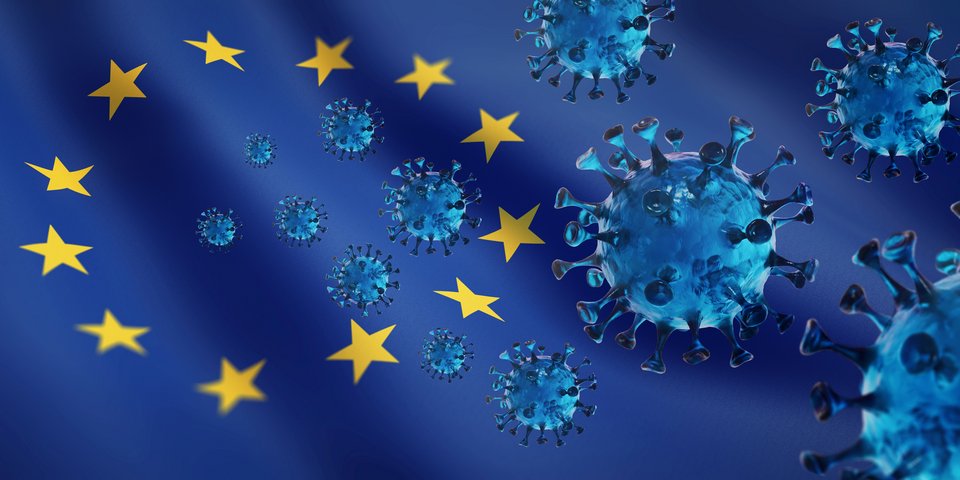 ©peterschreiber.media - stock.adobe.com
©peterschreiber.media - stock.adobe.comFuture of the European Health Union
Council calls on the European Commission to make health a priority
CC – 06/2024
On 21 June,
the health ministers of the European Union (EU) approved Council conclusions on the future of the European
Health Union for a Europe that cares, prevents and protects at the Employment,
Social Policy, Health and Consumer Affairs Council (EPSCO). The conclusions set
out the key priorities of EU health policy and call on the European Commission
to continue to prioritise health policy. The Belgian Presidency of the Council
deliberately chose this time, as the European elections will result in new
priorities and political guidelines being set in the European Commission.
The foundations
Although
the EU only has limited competences in the area of health policy, the EU
supports the Member States in achieving common goals and pools resources. It
can also adopt EU-wide legislation, for example on medicinal products and
medical devices. These are subject to the rules of the internal market and the
EU has considerably more competences in this area. These competences are not
called into question by the Council in the conclusions. Nevertheless, the role
of the EU is emphasised: Firstly, with regard to principle 16 of the European
Pillar of Social Rights, which recognises that every person in the EU has the
right to "timely, quality and affordable healthcare and treatment".
Secondly, that access to healthcare and preventive healthcare is also a
fundamental right and that the Treaties on the Functioning of the EU stipulate
that a high level of human health protection must be ensured in the definition
and implementation of all Union policies and activities.
Beginnings and priorities
It was not
until November 2020, in the midst of the COVID-19 pandemic, that the term
"Health Union" was coined for the first time with the Communication
on the creation of a European Health Union. The conclusions that have now been
approved outline the EU's activities to date and provide an outlook on which
priorities should be set in the future.
One focus
is the shortage of healthcare professionals, which the Member States and the
Commission should address through investment, digital tools, knowledge sharing,
cooperation at EU level and an adapted legal framework.
Another
focus is the prevention and crisis preparedness of non-communicable diseases.
These are responsible for almost 90 per cent of all deaths in the EU. The
Council calls on the Member States and the European Commission to promote
healthy lifestyles and a healthy environment, including by adopting the
legislative proposals announced under the European Beating Cancer Plan and by
stepping up work under the "Healthier Together" initiative.
Another
priority is to improve the safety of the supply of medicinal products and
medical devices. The Council calls on the Member States and the European
Commission to continue their work to combat shortages of essential medicines,
including within the framework of the Critical Medicines Alliance, and invites
the Commission to examine the proposal for a "Critical Medicine Act".
For the
first time, a focus is also placed on the topic of climate and health,
specifically on the effects of climate change on health. In cooperation with
the member states, an EU agenda on climate change and health is to be developed
in line with the "One Health" approach, which includes measures for
both climate protection and adaptation to climate change. The Council calls for
measures to reduce the impact of health systems on climate and the environment
in the EU. National strategies, EU regulations and funding should support the
transition to decarbonised healthcare systems.
